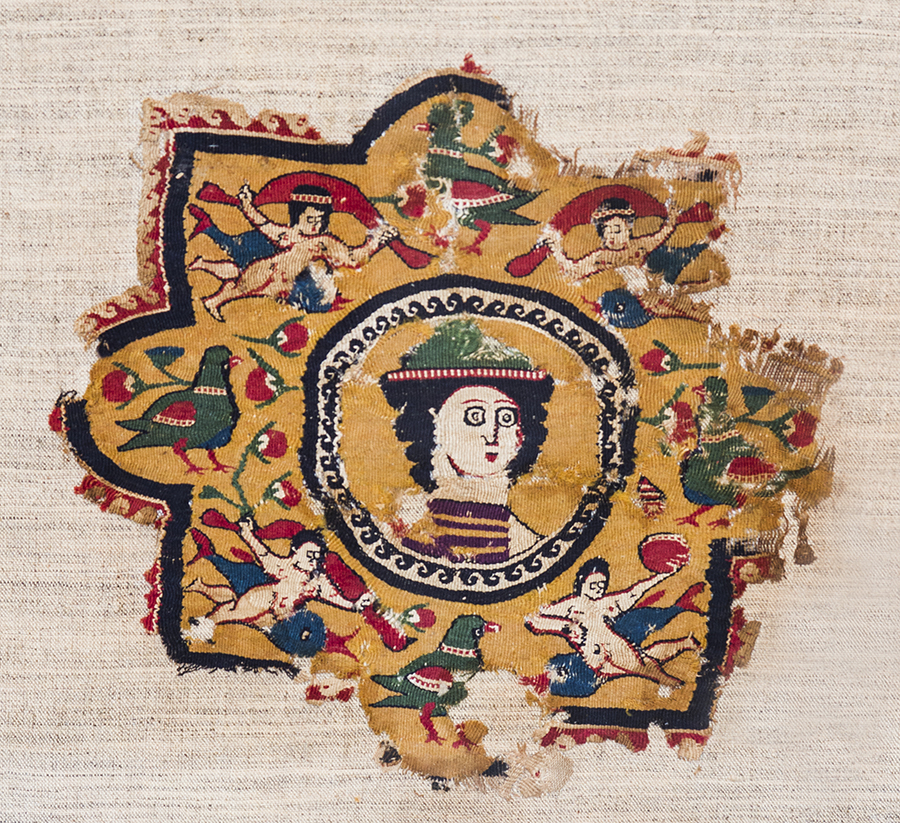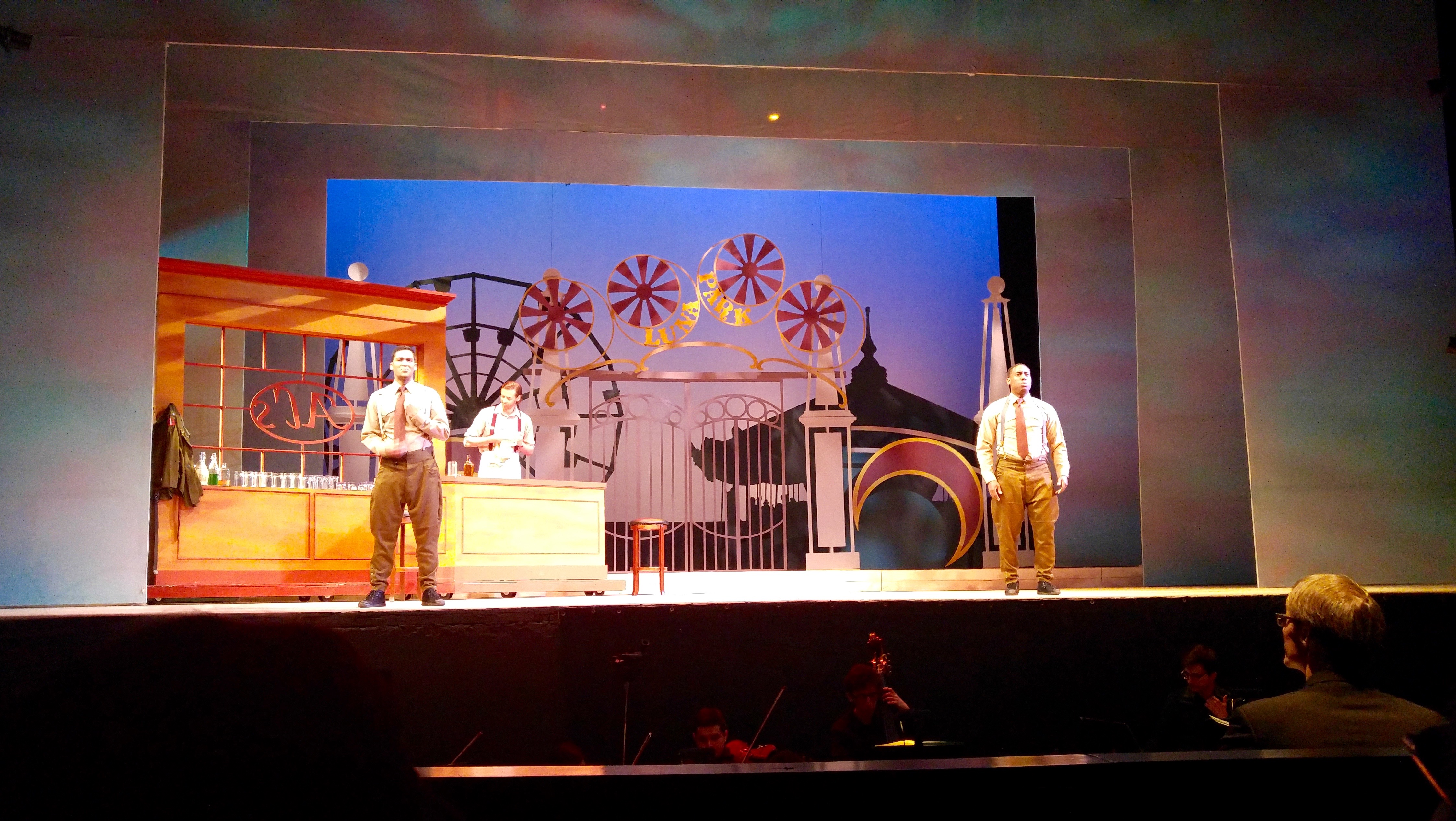The Department of Drama, Theatre and Dance and the Kupferberg Center for the Arts held a production of Anton Chekhov’s “The Cherry Orchard,” directed by Lisa Rothe earlier this month.
At Rathaus Hall M-11, the play first ran from Oct. 29 to Nov. 1 and again from Nov. 5 to Nov. 8.
“The Cherry Orchard” takes place in Russia during the early 1900s. Lyubov Ranevskaya returns from Paris poor and her family intends to sell their cherry orchard. She resists the idea, a metaphor for missed chances in her life.
Compared to Chekov’s other serious works, “The Cherry Orchard” is a comedic play.
The scenery of the play contains both a classic and elegant touch. Moreover, the house shown to the audience gives the impression the owner is rich.
Rina Dutta, a senior, played Anya, Ranevskaya’s daughter, and George Pedraza played Firs, the oldest serf in Ranevskaya’s household. Both had different experiences preparing for their respective roles in the show.
“I prepared for my role by going through the table reads, going through exercises by our director and listening to the group/ I also walked around the room to build relationships with the other actors and their characters and build trust with them,” Dutta said.
Pedraza physically prepared for his role as the 87-year-old Firs, something he never did before.
“In the beginning, I observed old people. I watched how they talk, use their canes and move. My director gave me a note to slow down in rehearsal. I’m always a fast paced person. Firs is in no rush and has nowhere to go since his life is his work, so I was allowed to take my time,” Pedraza said.
Pedraza said it was his first experience with not only Chekov, but also a classic theater piece and he experienced new things.
“It allowed me to stretch and to try something that was ahead of myself, since I am not 87 like the character I’m playing,” Pedraza said.
Dutta said she learned more about herself through the play and grew as an actor.
“I learned to trust myself fully and to trust the material and the instructions of the director. Working with whatever I had made me believe that I’m living as this character without hesitation,” Dutta said.
Dutta added the play is relevant for audiences because of problems in society.
“Even though the play is set in 1861, it is relevant to us now because it is about people and how they react, cover, hide and hold on to what they have because they are afraid to let go,” Dutta said.













